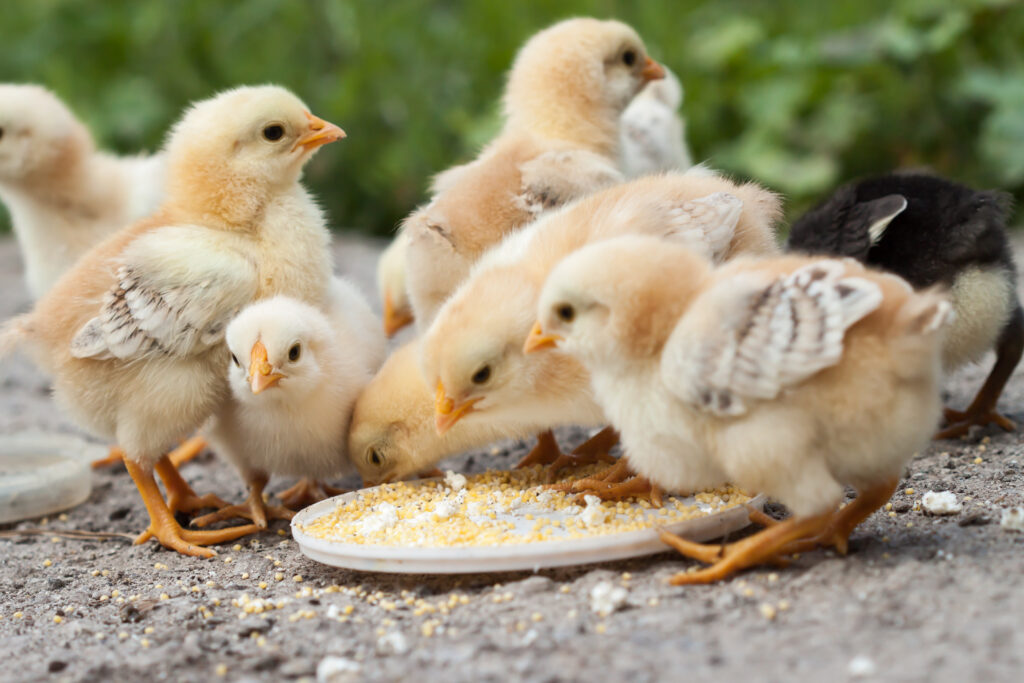Are you guilty of using your chickens as a modern day garbage disposal unit? You’re probably not alone.
Yet while there isn’t much that they can’t nor won’t eat, there are a few things that you should never feed your chickens
The top no-no’s that you should never feed your chickens:
According to Elise McNamara, a chicken consultant from regional Winchelsea in Victoria’s south-east, experienced free-rangers will instinctively know what they can and can’t eat.
- Anything off or mouldy. “What goes into them, goes into you in the form of eggs,” says Ms McNamara.
- Rhubarb leaves. These are toxic not just to humans, but to other animals too, including chickens.
- Green and sprouting potatoes. Again, these can be toxic.
- Avocado and onion skins. Your chickens are unlikely to eat these anyway, but still best to avoid giving them access.
- Cured meats that are high in nitrates. These preservatives are best avoided for healthy chickens. Plus, many cured meats are also high in fat too, which your girls shouldn’t have lots of.
So what can you feed your girls?
The bulk of a chicken’s diet should be a high-quality grain that has at least a 16 per cent protein content.
When it comes to feeding chickens, they should have:
- Commercial chicken feeds are the easiest way to ensure your flock is enjoying a balanced diet.
- Greens and insects in the garden. Ms McNamara says the silver beet variety, Fordhook Giant, is an extremely tasty treat for chooks which many exhibition breeders swear by.
- Shell grit and hard grit. These provide calcium to help egg production and the formation of strong, healthy shells.
- A little meat is okay as an occasional treat. “They’re naturally omnivores who are used to eating meat,” Ms McNamara says. “A little ham or mince is okay, but be careful with cured meats that are high in nitrates.”
Also note that as eggs are around 80 per cent water, constant access to clean fresh water for hens is important.
Ms McNamara advises treats or other scraps – such as fruits and vegetables, breads, cakes, hard cheese etc. – should only make up 10 per cent of a chicken’s diet.
What should you feed young chicks?
Poultry Australia recommends a special chick crumble if you’re feeding young chicks. A good quality crumble has more protein than average feed and is recommended for chicks up to eight weeks old.
Once the chicks reach around two months of age, they move onto a grower crumble. Then once they reach the point of laying, they can be fed the same balanced diet as the rest of the flock.
Chicks will need a supply of both food and water available to them at all times. Chicks will easily drown in the smallest amount of water, so it is recommended that clean pebbles or marbles are placed in their water supply to stop them from falling in and drowning. Alternatively, low-hanging waterers can provide fresh water without the risk of them falling in. Like their parents, chicks need their water supply changed daily.
If your chicks are being well looked after, you can expect them to put on weight at a rapid rate during their first few months.











